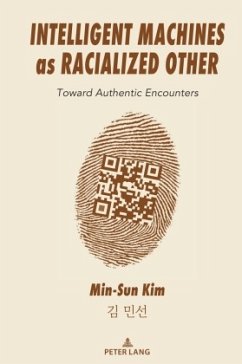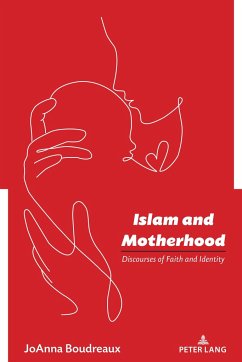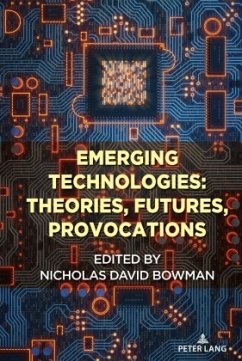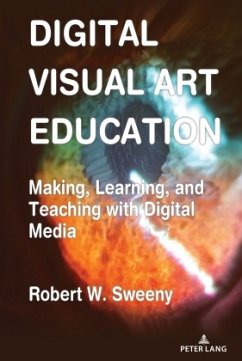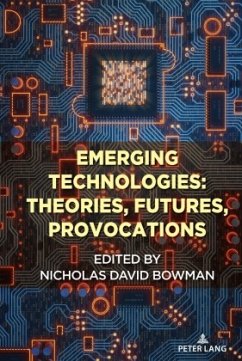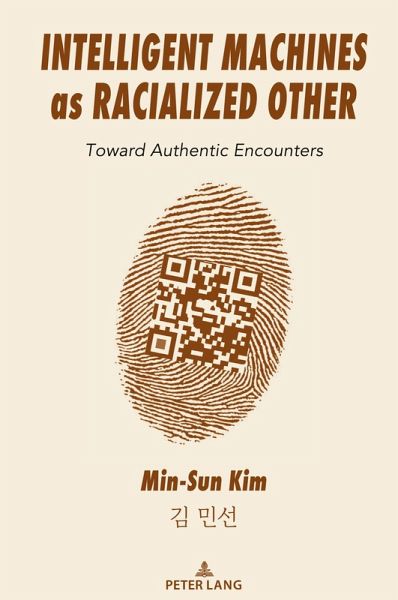
Intelligent Machines as Racialized Other
Toward Authentic Encounters
Versandkostenfrei!
Versandfertig in 6-10 Tagen
102,95 €
inkl. MwSt.
Weitere Ausgaben:

PAYBACK Punkte
0 °P sammeln!
Our narratives about intelligent machines reprise the same modes in which humans have historically dealt with "other" groups of humans, especially during the era of colonialism. Addressing unconscious assumptions involving race, gender, hierarchy, power, imperialism, and capitalism in the post-colonial world, this book argues that cultural narratives regarding intelligent machines have much to do with colonial attitudes and mindsets. Human attitudes toward intelligent machines, colored by such ideological and cultural biases, cumulatively manifest themselves as cultural narratives of a raciali...
Our narratives about intelligent machines reprise the same modes in which humans have historically dealt with "other" groups of humans, especially during the era of colonialism. Addressing unconscious assumptions involving race, gender, hierarchy, power, imperialism, and capitalism in the post-colonial world, this book argues that cultural narratives regarding intelligent machines have much to do with colonial attitudes and mindsets. Human attitudes toward intelligent machines, colored by such ideological and cultural biases, cumulatively manifest themselves as cultural narratives of a racialized Machine Other. This book explores how examining the emotions underlying our narratives about intelligent machines can provide insights into the human psyche and be a catalyst for authentic encounters with intelligent machines. It will beckon you to question long-held assumptions, confront the complexities of AI and racial dynamics, and embark on a quest for deeper understanding of yourself.





